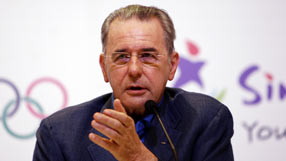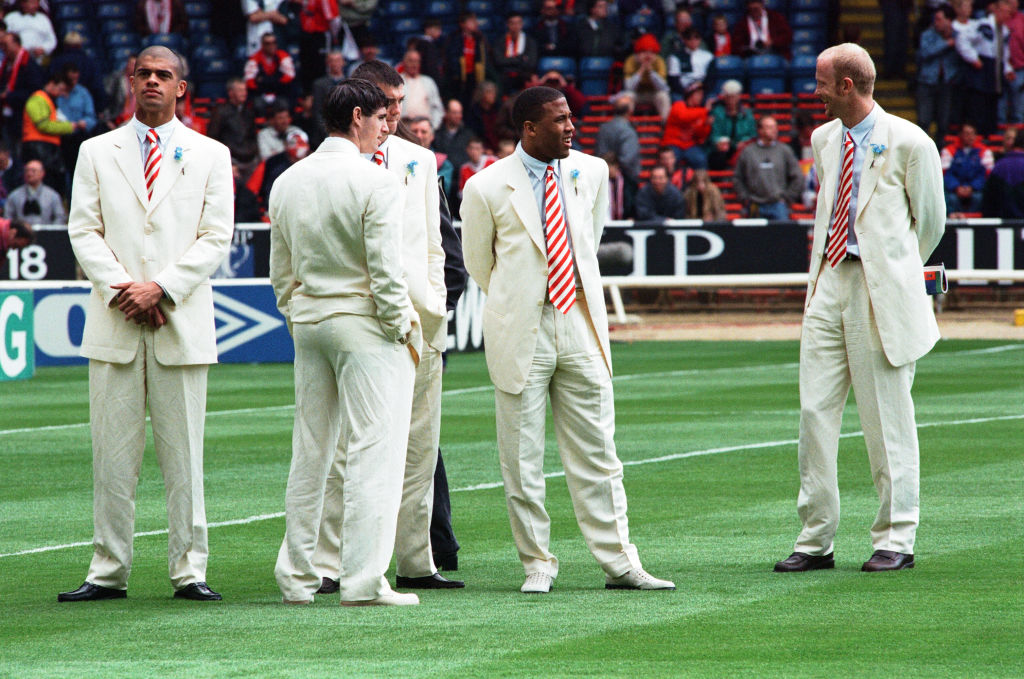IOC urges FIFA to act over vote-selling
ACAPULCO, Mexico, Oct 26 (Reuters) - The International Olympic Committee (IOC) has urged FIFA to introduce reforms that could rid the organisation of corruption in the wake of the vote-selling allegations that have rocked football.

More than a decade after the IOC was plunged into crisis following revelations about the awarding of the 2002 Winter Games to Salt Lake City, FIFA is facing similar allegations of vote-selling and unethical behaviour in the bidding for the 2018 and 2022 World Cups.
Two FIFA executive committee members have already been suspended and two of the bid candidates are being investigated over allegations of collusion, prompting cries of foul and calls for an independent investigation.
IOC president Jacques Rogge said on Sunday he had been in contact with Sepp Blatter, president of football's governing body FIFA, since the revelations were made public and supported his decision to launch a probe.
"I had a discussion with Mr Blatter," Rogge told reporters on Tuesday at the end of an IOC executive board meeting in Acapulco.
"He was so kind to call me when the whole issue emerged and he kept me informed about what he had done and the decision that had been taken by FIFA. I encouraged him to do exactly what he has done and to try to clean out as much as possible."
IOC REFORMS
The IOC introduced several reforms after the Salt Lake affair, the biggest Olympic corruption scandal.
Get FourFourTwo Newsletter
The best features, fun and footballing quizzes, straight to your inbox every week.
The reforms included a ban on members visiting cities bidding for the Games while 10 members were forced to leave the organisation for breaking rules on accepting gifts.
"I think the IOC took the right conclusions on something that was very unpleasant," Rogge said.
"I think we did everything we could and I'm sure the IOC came out of the crisis as a better and more transparent organisation and I hope that will also be the case for my friends in sport (FIFA)."
Despite the IOC's actions to stop unethical behaviour, Rogge said it was naive to think any organisation could not be corrupted by individuals.
"I believe the rules we have put in place definitely protect us as much as possible because you can never say never in life because cheating is imbedded in human nature," Rogge said.
"Sometimes I get the question, 'Will doping ever completely disappear?', and I say 'no this is impossible'.
"Today I am saying we are very vigilant, we have strict rules and I believe this protects us as much as possible but you can never say never."
